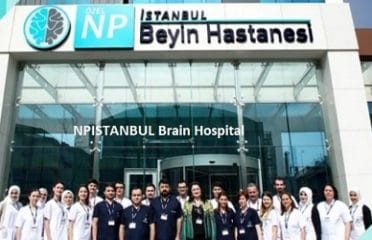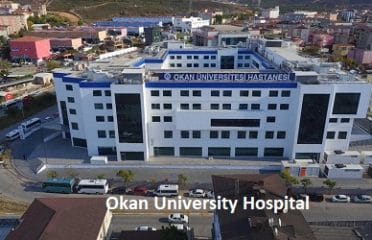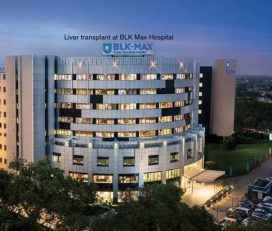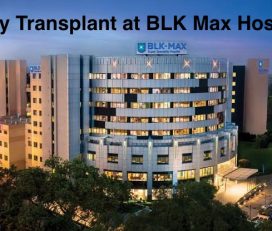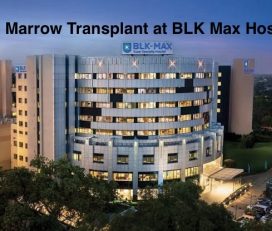
Tetralogy of Fallot Surgery in Turkey
Fallot tetralogy (TOF) is a cardiac anomaly that refers to a combination of four commonly occurring related heart defects.
The four failings are:
Ventricular septal defect (VSD) − a hole in the heart’s pumping chambers between right and left
Overriding aorta − The aortic valve is enlarged and appears to come from both the left and right ventricles instead of the left ventricle, as in normal hearts
Pulmonary stenosis − the narrowing of the pulmonary valve and the outflow tract or area under the valve causing blockage of blood flow from the right ventricle to the pulmonary artery.
Right ventricular hypertrophy − thickening of the muscular walls of the right ventricle, which occurs because the right ventricle is pumping at high pressure.
Fallot tetralogy needs to be treated with open-heart surgery, either immediately after birth or later in infancy. The aim of the operation is to correct Fallot ‘s four tetralogy deficiencies so that the heart can function as normal as possible. Repairing the malfunctions can greatly improve the health and quality of life of a child.



